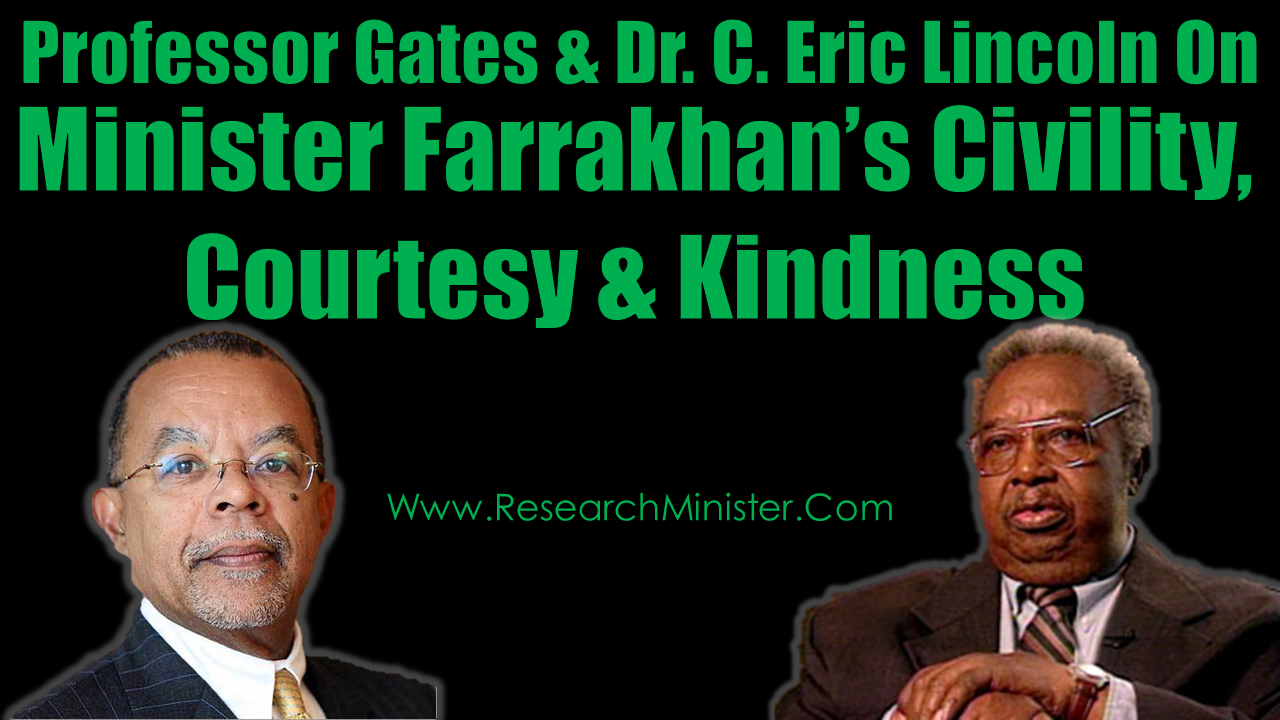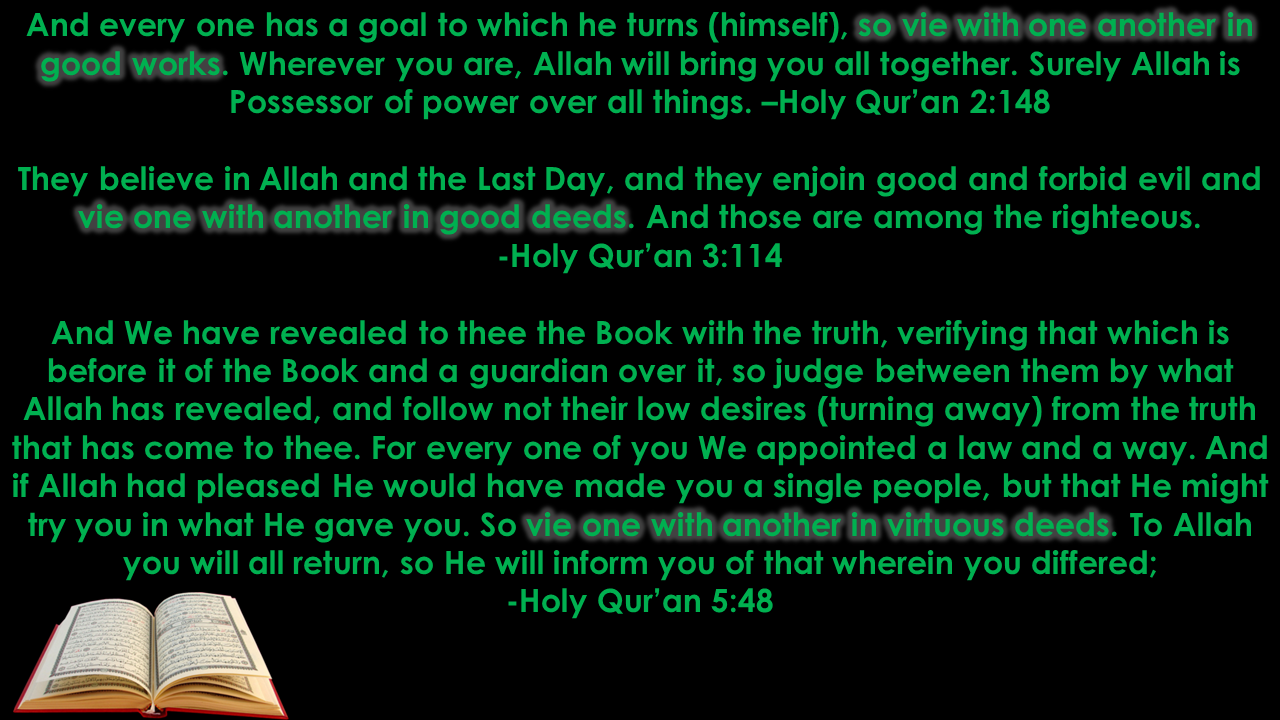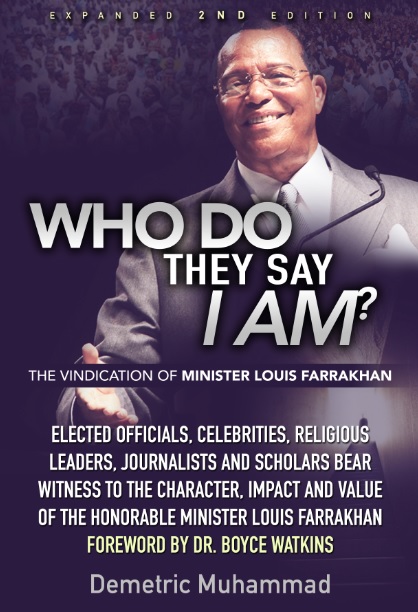Prof. Henry Louis Gates & Dr. C. Eric Lincoln: Farrakhan A Model of Civility, Courtesy & Kindness
The Hon. Min. Louis Farrakhan has called for a revolution of acts of kindness as a prescription for the healing of the Black community. The following excerpt from the book WHO DO THEY SAY I AM?: The Vindication of the Honorable Minister Louis Farrakhan is from Professor Henry Louis Gates Jr. as he discusses his personal interaction with Minister Farrakhan and recounts what Dr. C. Eric Lincoln shared with him about his encounter with Minister Farrakhan. It is a powerful example-one of many- that highlights that in the Minister’s own life he is the example of kindness, love and sincere brotherhood.
“Certainly the Farrakhan I met was a model of civility and courtesy. I was reminded of C. Eric Lincoln’s account of the last couple of visits he paid to Farrakhan at his home: “Louis insisted on getting down on his hands and knees on the floor to take my shoes off. You know, I’m overweight, and it’s a difficult task to get shoes and socks off. And so Louis said, ‘I will do that.’ And I said, “No, no.’ And Louis said, ‘No, I want to do it.’ He took my shoes off and rubbed my feet to get the blood circulating.” I met someone who was eager, even hungry, for conversation; someone of great intelligence who seemed intellectually lonely… In the end, however, it isn’t Farrakhan but Farrakhan’s following that demands explanation. We might start by admitting the moral authority that Black Nationalism commands even among those blacks who ostensibly disapprove of it. In the village where I grew up, there was a Holiness Church, where people spoke in tongues and fell down in religious ecstasy. It was not my church; my family and I shunned the Pentecostal fervor. And yet, on some level we believed it to be the real thing, realer than our own, more temperate Episcopal services. It was the place to go if you really needed something-if you go desperately sick, say-because the Holy Ghost lived there. (There are Reform Jews who admit to a similar attitude toward their Hasidic brethren.) In this same vein, the assimilated black American, who lives in Scarsdale and drives a Lexus, responds to Farrakhan and Farrakhanism as a presence at once threatening and exhilarating, dismaying and cathartic.” (Alexander 1998, 47)


